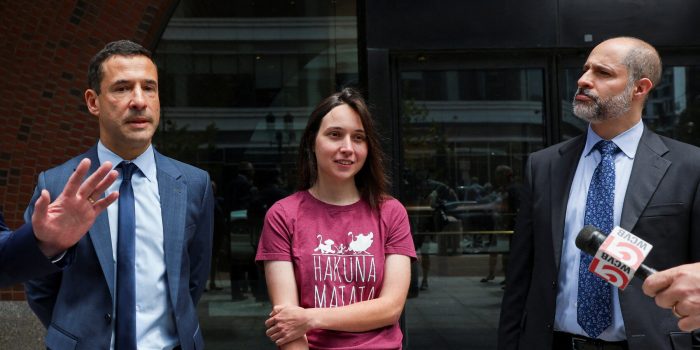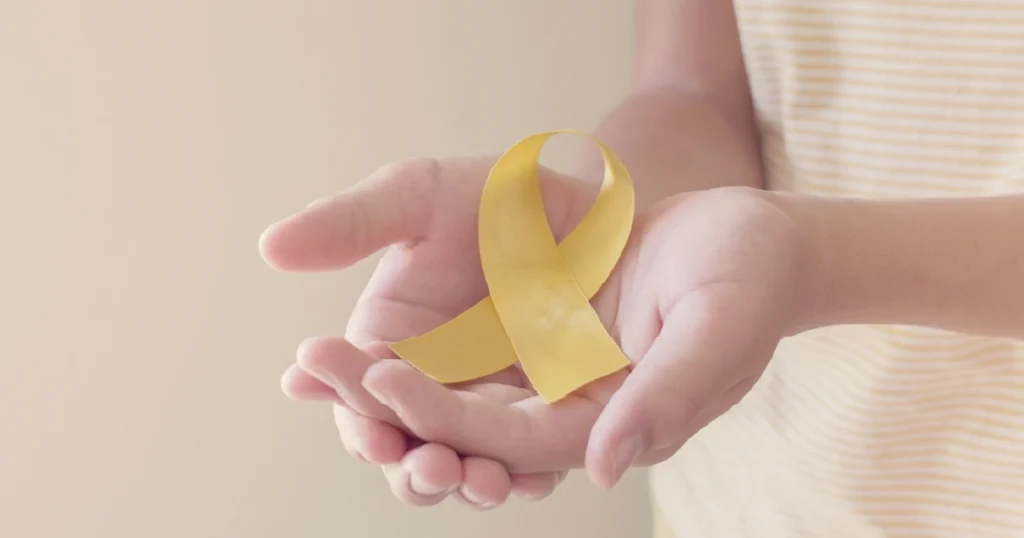Kseniia Petrova, a Harvard researcher, was detained in February after failing to declare scientific samples she was carrying into the country.
A federal grand jury in Boston on Wednesday indicted Kseniia Petrova, a Russian researcher who works in a laboratory at Harvard Medical School, on criminal charges of smuggling goods into the United States and lying to customs officials.
Ms. Petrova was detained on Feb. 16, when she returned from a vacation in France carrying samples of frog embryos from an affiliate laboratory in Paris at the request of her supervisor at Harvard.
She then spent more than three months in an Immigration and Customs Enforcement detention center, eventually drawing attention from scientists around the world. Her defenders have condemned the government’s pursuit of her as draconian, conveying a chilling message to noncitizen academics.
The grand jury found probable cause to charge Ms. Petrova, 31, with three felonies. The most serious of them, the smuggling charge, provides for a prison sentence of up to 20 years, or a fine of up to $250,000. The remaining two — concealment of material facts and false statements — each provide for a sentence of up to five years, and fines of up to $250,000.
Ms. Petrova has acknowledged that she failed to declare the embryos, but her lawyer has argued that this would ordinarily be treated as a minor infraction, punishable with a fine. Instead, the customs official canceled Ms. Petrova’s visa and began proceedings to deport her to her native Russia. When she protested, saying she had fled Russia for political reasons and would face arrest or even death if she returned, she was transferred to an ICE detention center in Louisiana.
In May, Christina Reiss, the chief judge of the U.S. District Court in Vermont, expressed skepticism about the government’s deportation case, remarking that, based on the evidence she had seen, “there does not seem to be either a factual or legal basis for the immigration officer’s actions” in stripping Ms. Petrova of her visa.













